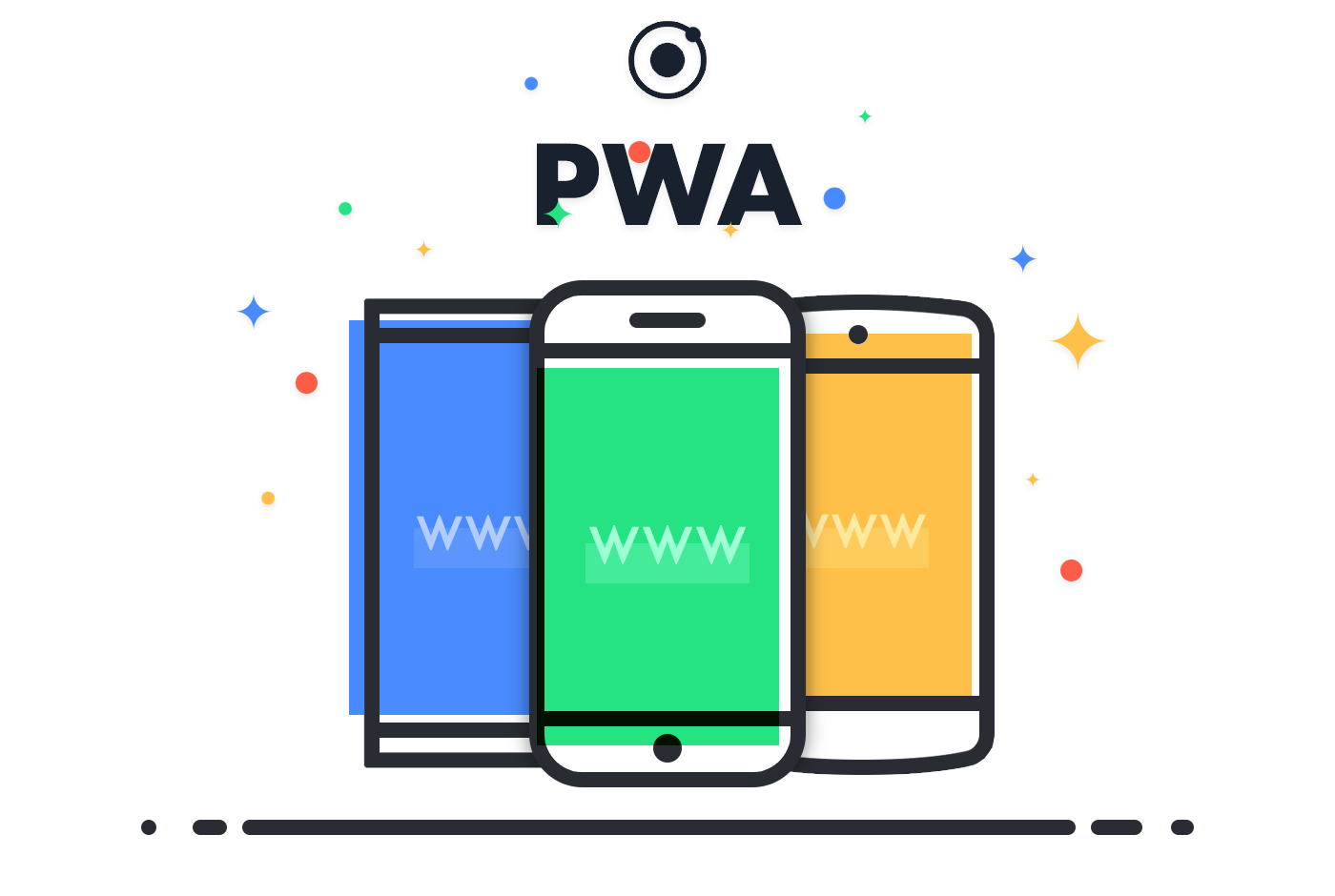Blitz News Digest
Stay updated with the latest trends and insights.
Progressive Web Apps: The Future of Browsing Awaits
Discover how Progressive Web Apps are transforming the browsing experience and shaping the future of web technology. Don't get left behind!
What Are Progressive Web Apps and How Do They Work?
Progressive Web Apps (PWAs) are a modern approach to web application development, combining the best features of both web and mobile applications. They utilize web technologies like HTML, CSS, and JavaScript to deliver a native app-like experience directly through the browser. Key characteristics of PWAs include responsiveness, the ability to work offline, and engagement capabilities such as push notifications. By leveraging service workers, a PWA can cache essential resources, making it accessible even in low or no connectivity situations.
To understand how PWAs function, it is important to know their core components: service workers, web app manifests, and responsive design. The service worker acts as a proxy between the web app and the network, allowing the app to manage caching and intercept network requests to deliver a seamless user experience. The web app manifest provides crucial metadata about the app, such as its name, icon, and theme color, enabling users to install it on their devices. Together, these elements ensure that users enjoy fast load times, immersive experiences, and enhanced reliability, making PWAs a compelling choice for developers and businesses alike.

The Benefits of Progressive Web Apps for Businesses and Users
Progressive Web Apps (PWAs) have emerged as a game-changer for businesses aiming to enhance user engagement and retention. One of the primary benefits of PWAs is their ability to provide a seamless user experience across all devices. Unlike traditional web and mobile applications, PWAs load quickly, even in uncertain network conditions, thanks to their offline capabilities and caching strategies. This results in faster load times and a more responsive interface, leading to increased user satisfaction and decreased bounce rates.
For users, the benefits of using PWAs are equally significant. They eliminate the need for lengthy installations from app stores, allowing users to access applications directly through their web browser with just a URL. Additionally, PWAs can send push notifications, keeping users engaged and informed about updates or promotions, similar to native apps. This unique combination of accessibility and interactivity empowers users, fostering loyalty and encouraging them to return, which ultimately benefits businesses in terms of retention and sales.
Are Progressive Web Apps the Key to the Future of Mobile Browsing?
Progressive Web Apps (PWAs) have emerged as a powerful solution for enhancing mobile browsing, combining the best features of both web and mobile applications. These innovative platforms offer users a seamless experience with fast load times, offline functionality, and the ability to access them directly from the home screen without going through an app store. As mobile usage continues to rise, the adoption of PWAs could significantly transform how users interact with websites, leading to higher engagement and improved retention rates.
One of the key advantages of Progressive Web Apps is their ability to function across various devices and operating systems, ensuring that developers can reach a wider audience without the need for multiple versions of their applications. This cross-platform compatibility not only simplifies development but also reduces costs. With features like push notifications, improved performance, and enhanced user interfaces, PWAs are paving the way for a brighter future in mobile browsing, making them an attractive option for businesses looking to thrive in a competitive digital landscape.